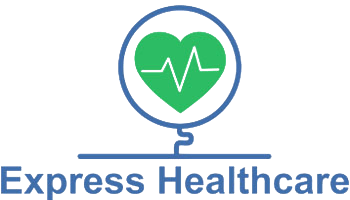Physical Therapy in College Park, MD
Physical therapy, often known as physiotherapy, may involve exercises, massages, and treatments that use physical forces. The objective of physical therapy is to alleviate discomfort, improve mobility, and strengthen weak muscles. Physical therapy has many benefits for the human body, like increased flexibility and mobility. Express Healthcare can help you get back to being yourself. For more information, contact us or schedule an appointment online. We are conveniently located at 4701 Melbourne Place College Park, MD 20740.
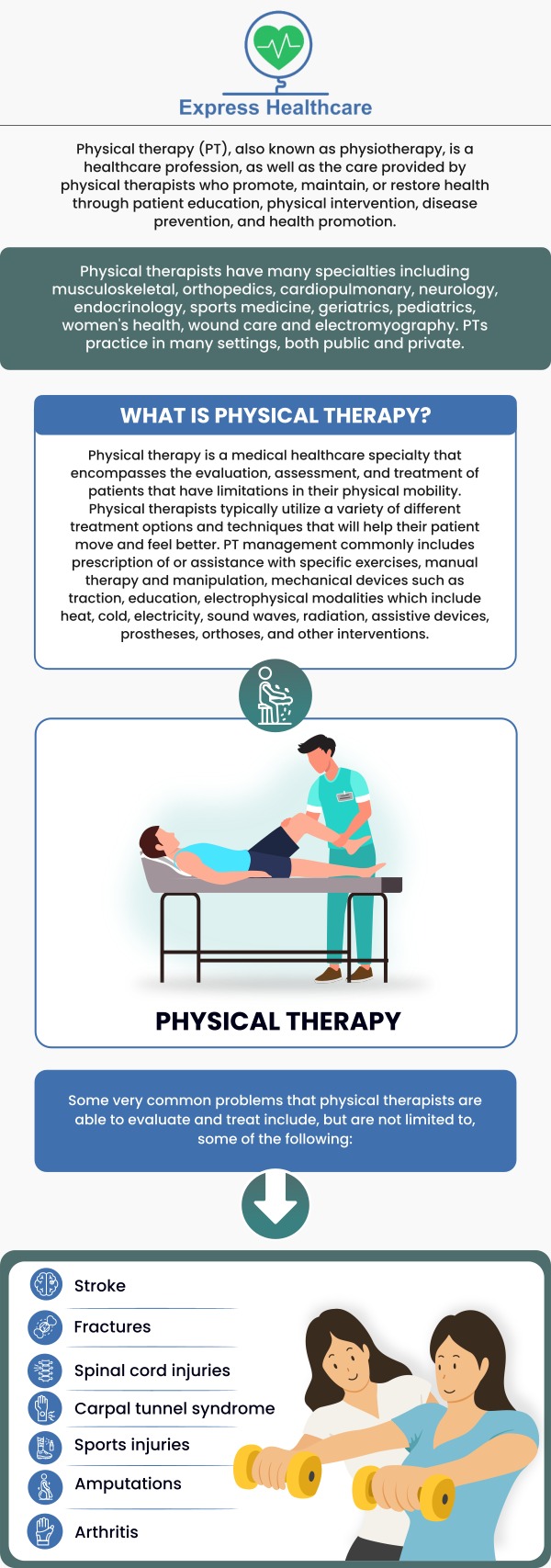
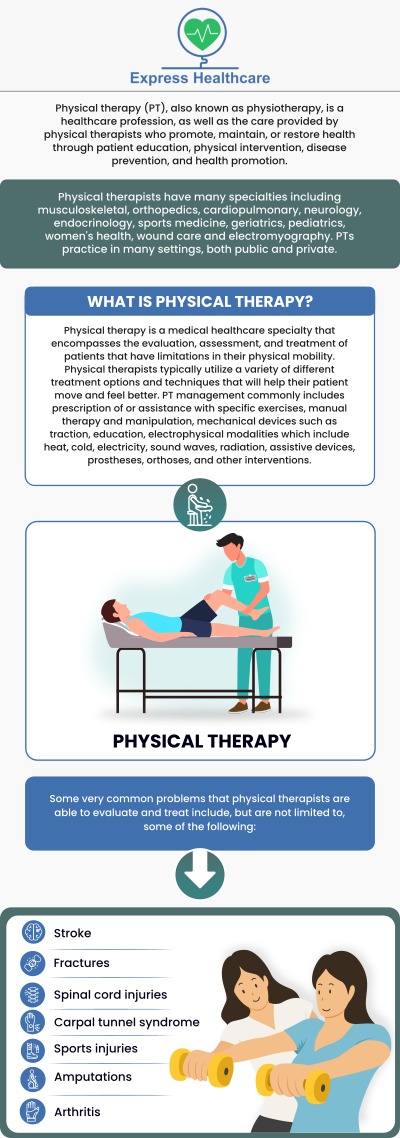
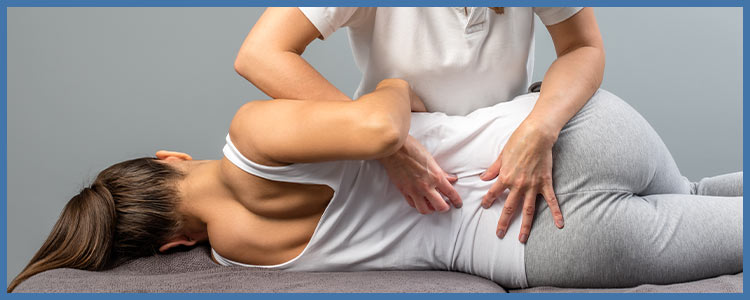
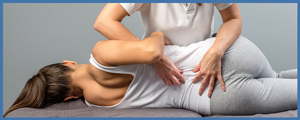
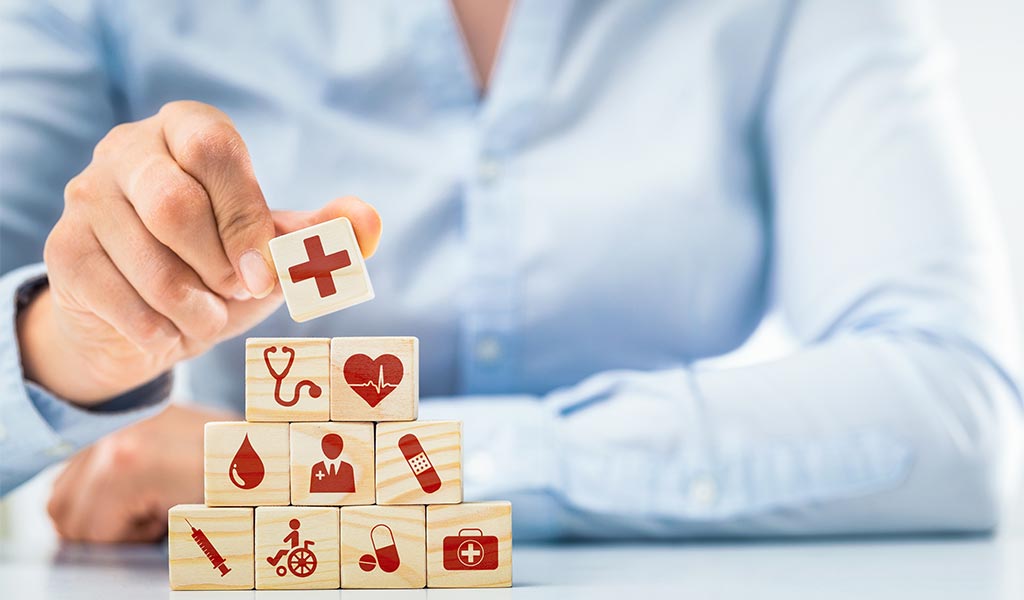
Additional Services You May Need
▸ EKG, Stress Tests, Cardiology
▸ Physical Therapy
▸ Internal Medicine
▸ Urgent Care
▸ Vaccines & Immunizations
▸ On-Site Lab Screening
▸ X-Ray & Imaging
▸ Women’s Health
▸ Occupational Health
